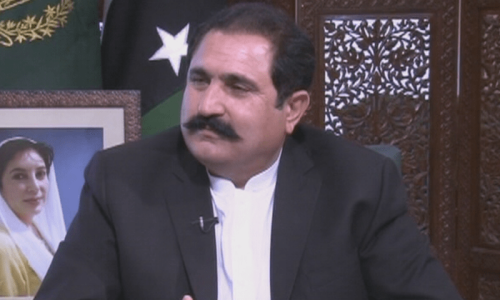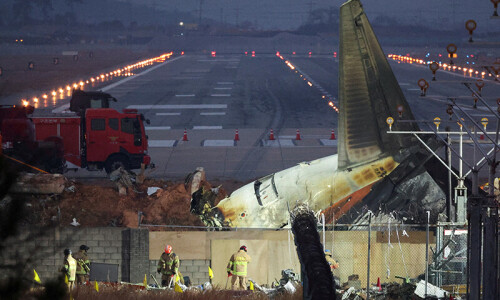A grand temple of Lord Ram, worshipped by millions of Hindus, will open in January in northern India at a site believed to be his birthplace, fulfilling a promise from the ruling party in a location that was a flashpoint for Hindu-Muslim violence.
The site in the northern town of Ayodhya, where the temple construction is nearing completion, was bitterly contested for decades with both Hindus and Muslims laying claim to it.
India’s majority Hindus say the site was the birthplace of Lord Ram, and was holy to them long before Muslim Mughals razed a temple at the spot and built the Babri mosque there in 1528.
A Hindu mob destroyed the mosque in 1992, triggering riots that killed about 2,000 people across India, most of them Muslims.
Building a Ram temple at the site has been a central, campaign theme of Prime Minister Narendra Modi’s Hindu nationalist Bharatiya Janata Party (BJP) for more than three decades.
Hindu and Muslim groups have fought over ownership of the site through India’s courts. In 2019, the Supreme Court handed over the land to Hindus and ordered the allotment of a separate plot to Muslims.
Muslim groups were not happy with the verdict but said they would accept it with humility.
Nripendra Misra, chairman of the Shri Ramjanmabhoomi Temple Construction Committee, said that the ground floor of the temple will be ready in December and devotees will be allowed to pray after the idol of Lord Ram is moved there in January.
Modi has been invited for the conclusion of prayers by priests in late January, which will mark the opening of the temple, said Misra, a retired bureaucrat who was Modi’s principal secretary, or chief of staff until 2019, before moving to the independent temple construction panel.
“It will be good if the prime minister is present,” Misra said.
Indian engineering giant Larsen and Toubro is building the temple on a 2.67-acre (1.08 hectares) site inside a 70-acre (28.33 hectares) complex, Misra said, adding that the second and final phase would be completed in December 2025.
The project is estimated to cost 15 billion rupees ($181 million) and is entirely funded by donations from 40 million resident Indians that totalled more than 30 billion rupees, he said.
An estimated 100,000 devotees are expected to visit the temple daily in the first months, he added.
BJP leaders and analysts have said that the opening of the temple is expected to boost the party’s fortunes in general elections due by May 2024 when Modi will seek a third term.
Asked if the timing of the opening is linked to elections, Misra replied: “It has nothing to do whatsoever with the political elections. This was decided in 2020.”
















































Dear visitor, the comments section is undergoing an overhaul and will return soon.